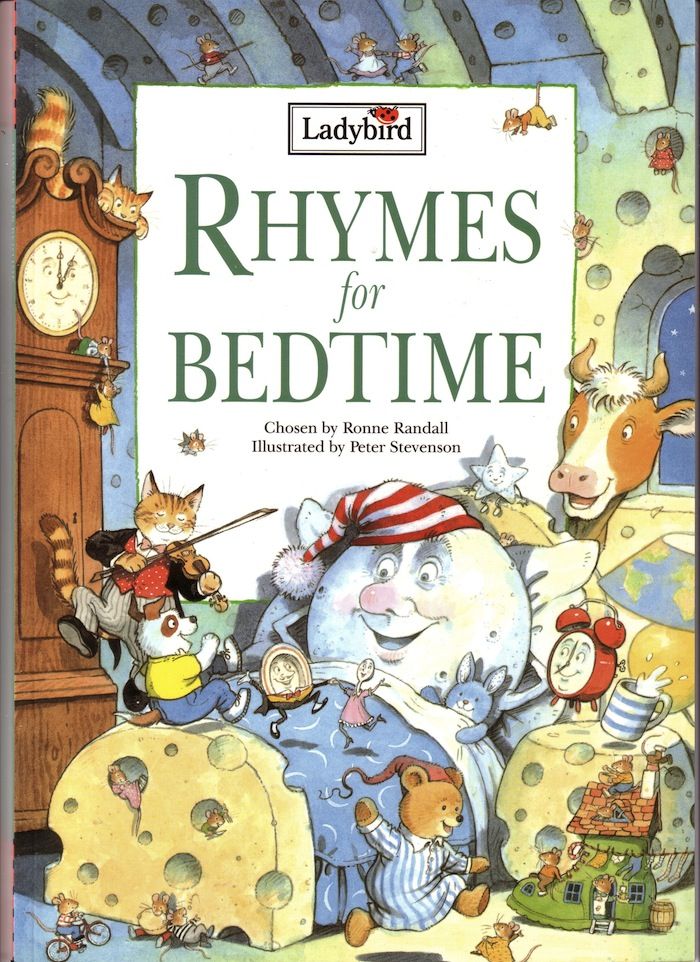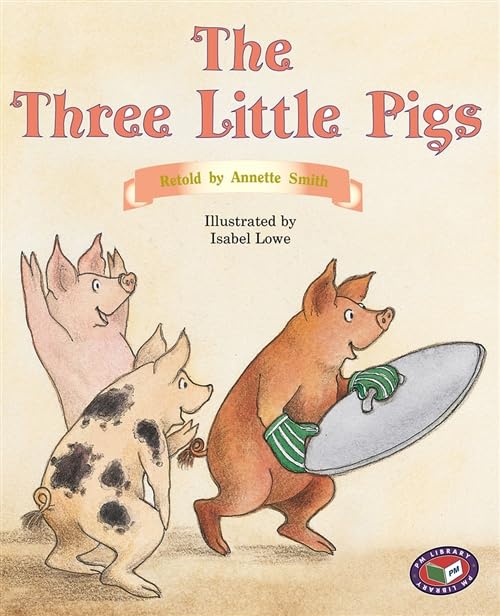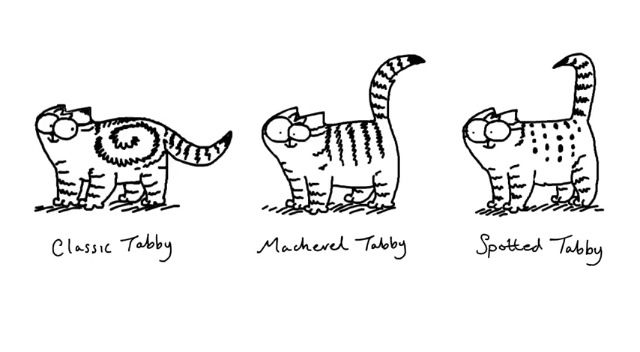Spell u see
Jack and Jill - Spelling You See
Jack and Jill is designed to move your student from the Phonetic Stage into the Skill Development stage. This level capitalizes on the skill of phonemic awareness and builds the emerging reader’s skill of fluency using nursery rhymes. Rhymes give a student an enormous amount of wordplay and aid a student in distinguishing sounds that are similar but not exactly the same. They expand a student’s vocabulary as their reading confidence builds.
This level:
- Uses a nursery rhyme theme to introduce words in an engaging yet meaningful format
- Nursery rhymes introduce words and ideas that students might not otherwise hear and help students distinguish sounds that are similar, but not exactly the same. Easy to say and easy to learn, nursery rhymes add an indispensable auditory component during the Phonetic and Skill Development Stages of spelling
Read more about the Phonetic and Skill Development StagesBuy Now
Placement Guidelines
Expand
Scope and Sequence
Expand
Sample Lesson
Expand
A Typical Week
Expand
Jack and Jill
Universal Set
This set includes everything you need:
- Instructor’s Handbook – Includes an introduction to the philosophy to Spelling You See, the “Getting Started” guide with an overview of the 36 lessons, and helpful information and resources
- Student Pack – Includes two student workbooks, erasable colored pencils, and handwriting guide
Purchase the Universal Set
Jack and JillInstructor’s Handbook
- Includes an introduction to the philosophy to Spelling You See, the “Getting Started” guide with an overview of the 36 lessons, and helpful information and resources.
Purchase the Instructor Handbook
Jack and JillStudent Pack
- Includes two student workbooks (workbooks are broken into part one and part 2), erasable colored pencils, and handwriting guide. *Student Packs are great for an additional student, teaching multiple students on the same level, students in a class or co-op setting. Instruction materials not included and are necessary for use of this program.
Purchase the Student Pack
Already purchased Jack and Jill?
Click below to watch helpful videos from Dr. Karen Holinga and view additional resources.
View online resouces
Previous Post Next Post
Spelling You See
Forget weekly spelling lists and spelling tests! Spelling You See (SYS), instead, uses a developmental approach to spelling that is quite different from what we are used to in most spelling programs. Rather than grade-level designations, the series identifies courses with letters A through G.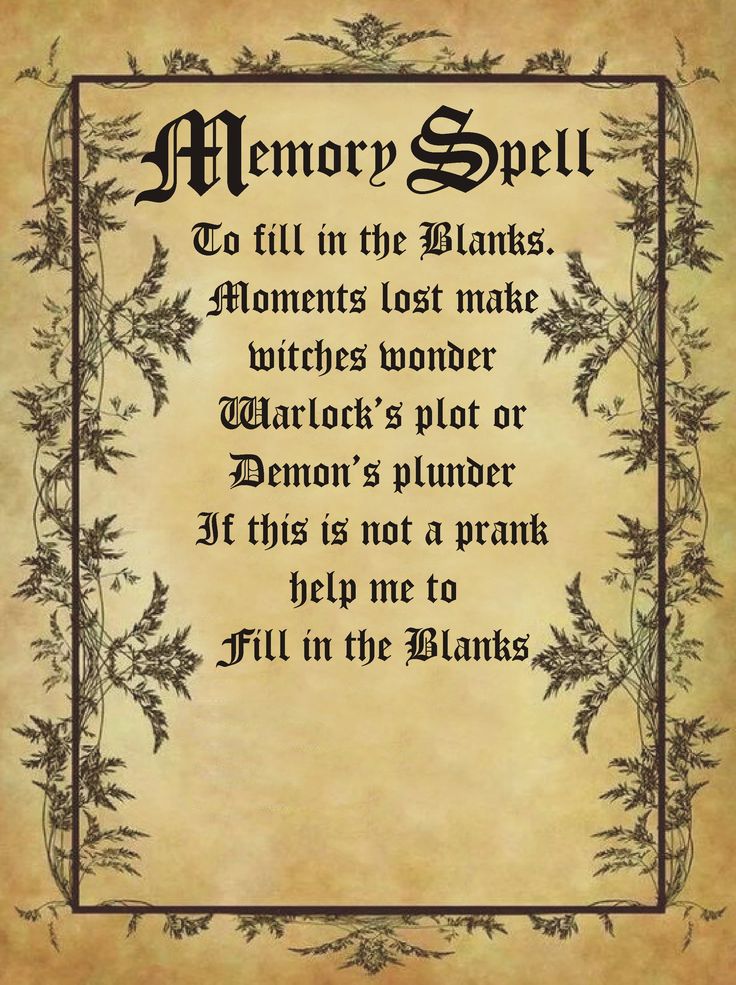
- Level A Listen and Write
- Level B Jack and Jill
- Level C Wild Tales
- Level D Americana
- Level E American Spirit
- Level F Ancient Achievements
- Level G Modern Milestones
You start your child at the developmentally appropriate level. This is so critical that I'm including the link to their Readiness Guidelines. Check the guidelines before ordering.
Spelling You See was built on research showing that students progress through five developmental stages: preliterate, phonetic, skill development, word extension (syllables, prefixes, and suffixes), and derivational constancy (words related by derivation of origins that share common patterns). While Spelling You See builds on a phonetic base, it goes beyond that to help students also master irregular words and words borrowed from other languages that make spelling so challenging.
Continual review is a hallmark of this program. Consequently, children practice basic letter formation over and over in the younger levels, then practice writing very similar words and the same passages almost every day for a week.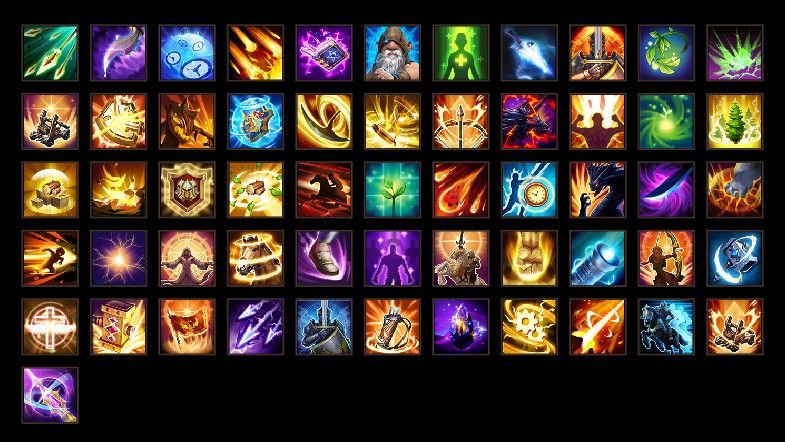 This way they develop a visual memory of words.
This way they develop a visual memory of words.
Students also learn to identify "chunks" (phonetic elements and consistent patterns) within words up through Level G, marking the chunks with colored pencils or highlighters. This process is referred to as "chunking." Students begin to color code the chunks in Level B, so sets of colored pencils are included with each course for Levels B and above. The program does not have children memorize spelling rules, but children learn the common patterns through continual exposure and chunking exercises.
SYS introduces a form of printing and uses it through all levels. The instructor's handbooks say that children should not do their copywork in cursive. They point out that "Copywork should be printed in order to develop visual memory. When students read, everything they see is in print, so they should use printing while learning to spell" (Frequently Asked Questions). There might be some truth to this, and I also realize that chunking is more difficult when students are writing with cursive forms. However, I think printing becomes quite cumbersome for writing lengthy passages. This shouldn't be an issue in SYS because writing activities are meant to be limited to ten minutes, whether or not the activity is completed.
However, I think printing becomes quite cumbersome for writing lengthy passages. This shouldn't be an issue in SYS because writing activities are meant to be limited to ten minutes, whether or not the activity is completed.
SYS has daily lessons for 36 weeks for each level. Each week's lessons are labeled A through E for the five days of each week.
For each level, there are a student workbook and instructor's handbook. For all except Level A, the student workbook has two volumes, Part 1 and Part 2. Instructor's handbooks are relatively small books that offer teaching assistance that is most valuable at the first two levels. They also include answers keys and dictation material that is essential for each level. Answer keys include the color coding for the chunking.
Extra help, including videos explaining some aspects of the courses, are available on the Spelling You See website.
Level A Listen and Write
Level A begins with letter formation, concentrating on lowercase letters.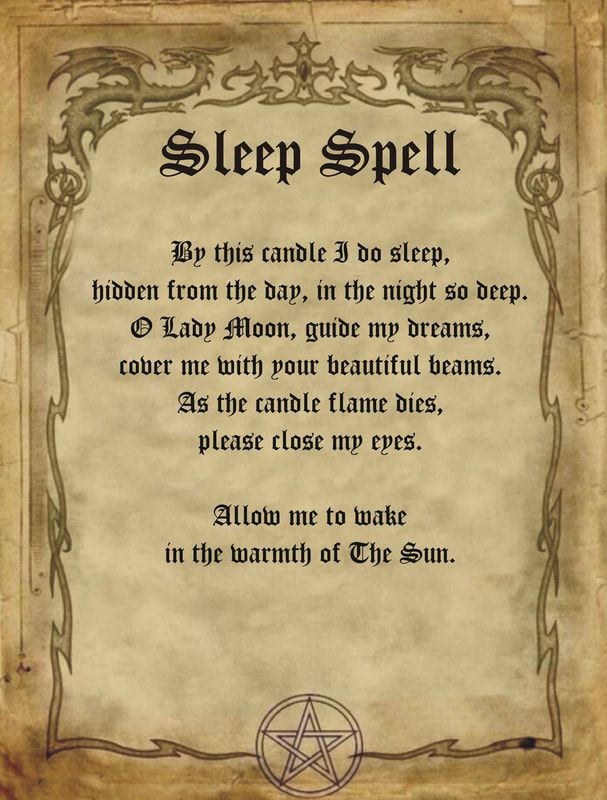 The course includes a laminated "Guide to Handwriting" showing the proper directions for letter formation. The style is a simple manuscript that—unlike the ball-and-stick method—teaches students to form letters without lifting their pencil except for just a few letters. The program stresses the importance of children holding their pencils properly. The font for the letters a, l, and t includes a slight curve at the bottom. While this is unusual, there is nothing wrong about it, and it might facilitate the transition to cursive.
The course includes a laminated "Guide to Handwriting" showing the proper directions for letter formation. The style is a simple manuscript that—unlike the ball-and-stick method—teaches students to form letters without lifting their pencil except for just a few letters. The program stresses the importance of children holding their pencils properly. The font for the letters a, l, and t includes a slight curve at the bottom. While this is unusual, there is nothing wrong about it, and it might facilitate the transition to cursive.
Children trace and write six letters per day for six weeks. They also begin to trace and copy words such as cat, dad, and gas—only short-a words for the first four weeks—in preparation for upcoming dictation activities that begin the fourth week.
Short-i words are introduced the fifth week, with words for the other short vowels gradually introduced later. In the seventh week, students begin to read words back to the teacher after dictation. Lessons for the first half of the course use only three-letter words, while four- and five-letter words are taught the second semester along with consonant blends (e.g., st), digraphs (e.g., ck), and double consonant endings (e.g., tall). Children write from 10 to 12 words each day from dictation.
Lessons for the first half of the course use only three-letter words, while four- and five-letter words are taught the second semester along with consonant blends (e.g., st), digraphs (e.g., ck), and double consonant endings (e.g., tall). Children write from 10 to 12 words each day from dictation.
Level A has only one worksheet per day, and each day's lesson should take only about ten minutes to complete. A child might not complete a page if it seems like too much work at that point. A sticker pack is included that can be used either for motivation or along with the suggested activities.
Once you are past the first few lessons and understand how the lessons are completed at each level, the instructor's handbook has only one or two paragraphs of instructions per lesson. Lesson preparation time is very minimal even for the first few lessons.
Level B Jack and Jill
Level B has two worksheets per day, so there are now two student workbooks, Part 1 and Part 2.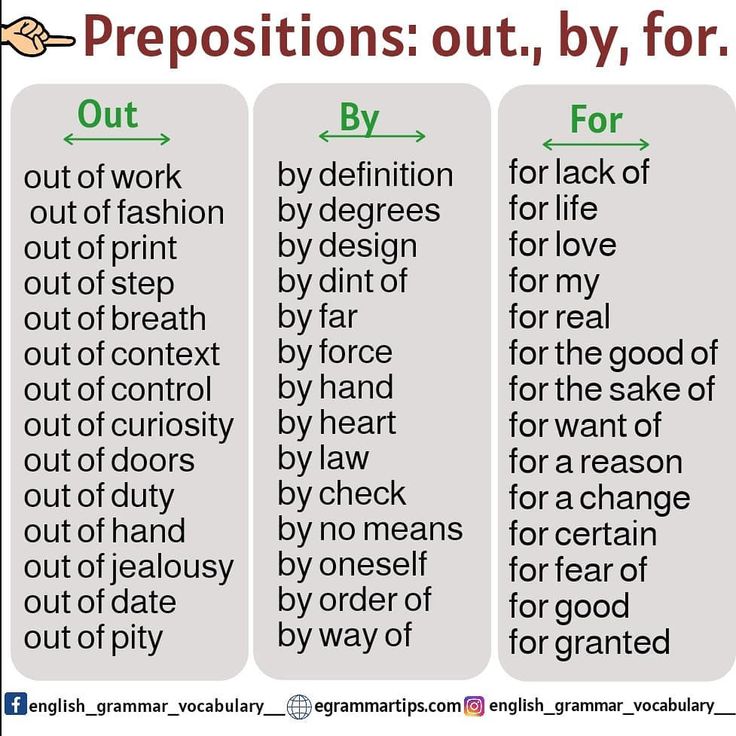 Students will use colored pencils (or highlighters) along with a regular pencil to complete the worksheets. The laminated "Guide to Handwriting" is included.
Students will use colored pencils (or highlighters) along with a regular pencil to complete the worksheets. The laminated "Guide to Handwriting" is included.
As in Level A, students begin by tracing and copying letters and words. They quickly move on to dictation with short-vowel words.
Level B also incorporates well-known nursery rhymes into the lessons, using the same nursery rhyme every day for one week. The rhymes provide copywork practice, serve as simple narrative devices, help with vocabulary development, help students distinguish similar sounds, and provide an auditory component to the lessons. Students begin by copying parts of the rhyme each day, paying attention to capitalization and punctuation as well as spelling. By the end of Level B, students are expected to write an entire nursery rhyme from dictation.
Students learn "chunking"—the method used throughout the rest of the program. This is a method of marking particular letter patterns with specified colored pencils or highlighters.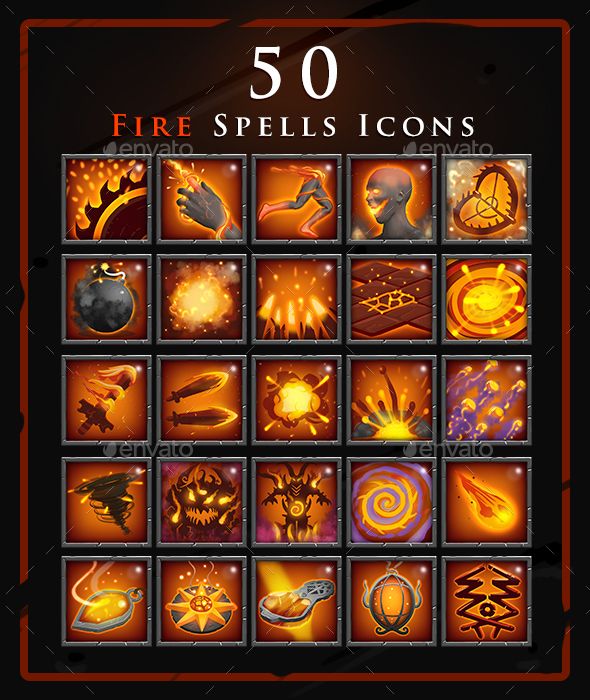 Instructions are given within the instructor's handbook, but they are also conveniently included at the beginning of each day's lesson. For example, for the second day of the ninth week, instructions at the top of the page tell the teacher how to present the nursery rhyme that day, then it introduces chunking with instructions about identifying "Bossy r" chunks and highlighting them with a purple colored pencil or highlighter. Through the rest of Level B and beyond, students become familiar with both vowel and consonant chunks as well as silent letters, endings such as es and ful, as well as "overlapping chunks" where the final y is changed before adding an ending.
Instructions are given within the instructor's handbook, but they are also conveniently included at the beginning of each day's lesson. For example, for the second day of the ninth week, instructions at the top of the page tell the teacher how to present the nursery rhyme that day, then it introduces chunking with instructions about identifying "Bossy r" chunks and highlighting them with a purple colored pencil or highlighter. Through the rest of Level B and beyond, students become familiar with both vowel and consonant chunks as well as silent letters, endings such as es and ful, as well as "overlapping chunks" where the final y is changed before adding an ending.
"No rule days" appear on the fourth day of each lesson in Part 2. These offer opportunities for drawing or creative writing that should be very relaxed.
Copywork and dictation exercises for Level B and above should always be kept to no more than 10 minutes. Counting the number of words written from dictation correctly within 10 minutes helps you to evaluate a student's progress. Students should continually improve their speed and accuracy.
Students should continually improve their speed and accuracy.
Level C Wild Tales
Level C begins with a few nursery rhymes as in Level B then shifts to non-fiction passages about all sorts of living creatures from black bears and bats to seahorses and penguins. From the eighth week till the end of the course, lessons follow the same pattern each week. Students have chunking exercises every day, copywork the first three days, drawing or creative writing added on the fourth day, and dictation on the last day.
Level D Americana
Level D continues in the same fashion as Level C with students completing chunking exercises each day. The reading passages are now from American History and culture featuring topics such as Thomas Jefferson, the Liberty Bell, Rosa Parks, Paul Bunyan, and Levi Strauss.
For the first three days of each lesson, students copy parts of the passage and mark the chunks. On day four, they are given the passage through dictation, with the parent or teacher supplying assistance as needed. On the fifth day, they write the same passage from dictation but with help only for punctuation and capitalization. Each time, you should continue to limit the exercise to 10 minutes, even if students do not complete the entire passage.
On the fifth day, they write the same passage from dictation but with help only for punctuation and capitalization. Each time, you should continue to limit the exercise to 10 minutes, even if students do not complete the entire passage.
Level E American Spirit
Level E uses reading passages that highlight American ingenuity and inventiveness along with other positive character traits through stories of Patrick Henry, Mary Hays, P.T. Barnum, Harry Houdini, President John F. Kennedy, and others. The lesson format for each week is the same as for Level D. While some passages in Level E appear to be more challenging than those in Level D, many seem to be on about the same level.
Level F Ancient Achievements
Level F shifts gears by putting more responsibility on the student. Instead of a parent reading the short stories to the student each day, the student now reads the stories to a parent. Stories are all drawn from ancient civilizations, highlighting particular achievements in art, inventions, exploration, and other areas.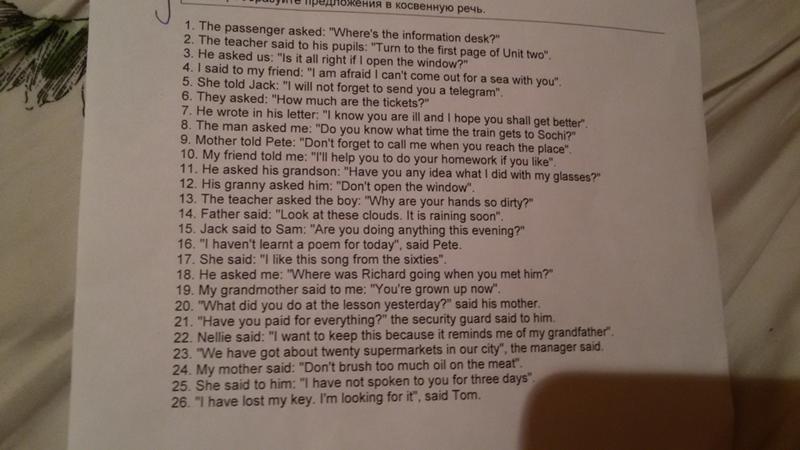 Students should also try to complete chunking exercises on their own. They continue with copywork and dictation as before. Each week's lesson spotlights an interesting fact or explanation about words and their components, with a goal of stimulating students' interest in word origins and phonetic elements.
Students should also try to complete chunking exercises on their own. They continue with copywork and dictation as before. Each week's lesson spotlights an interesting fact or explanation about words and their components, with a goal of stimulating students' interest in word origins and phonetic elements.
Level G Modern Milestones
While Level G continues with copywork and dictation, chunking shifts to the identification of base words, prefixes, suffixes, and compound words. It uses stories of key people in modern history from the arenas of art, music, literature, and science. At this level, students complete their copywork in two days, and the third day is now used to complete a worksheet using plurals, suffixes, and prefixes.
Summary
While the program is unusual, the use of copywork and dictation reflect elements of both Charlotte Mason and Classical approaches that home educators have found to be very effective. Also, chunking bears some similarity to methods used in other programs that emphasize learning the phonograms, even though it is presented in a unique fashion in SYS. Some programs use only one or two of these three strategies but this combination of all three—chunking, copywork, and dictation—makes Spelling You See a promising option for helping children learn to spell. Free sample lessons for each level are available on the publisher's website.
Some programs use only one or two of these three strategies but this combination of all three—chunking, copywork, and dictation—makes Spelling You See a promising option for helping children learn to spell. Free sample lessons for each level are available on the publisher's website.
Prayer or spell? / Pravoslavie.Ru
For example, can everyone answer correctly than Christian prayer is different from a magical conspiracy and spells? Here and there a verbal formula is pronounced, there and here the faith of the speaker is required, both suggests something invisible and supernatural. Whether there is a in general, the difference is if magicians sometimes mention the name of God, and it happens that even the most ecclesiastical prayers?
Whether there is a in general, the difference is if magicians sometimes mention the name of God, and it happens that even the most ecclesiastical prayers?
Let's try to answer this question.
First, let's clarify that the conspiracy and spell - occult verbal formulas having a specific difference. The conspiracy involves technical and magical influence by virtue of the uttered formula itself. it verbal expression that expresses a person's belief in some better change for him. For example, a person I want to get well, meet the person you like of the opposite sex, have good financial wealth, to avoid evil obsession - all this is expressed in a conspiracy with the hope that it will work out by virtue of pronunciation. There are even conspiracies that have entered our speech, have taken root in our culture. So, mom, rubbing at the child’s bruised place, says: “At the magpie get sick, the dog gets sick, and Mashenka go through. A business, of course, not that magpies and dogs are somehow obliged take the rap for our mistakes, but that a person I want to somehow remove the trouble with the help of verbal actions, to avert trouble from yourself or your loved one. Such CONSPIRACY.
Such CONSPIRACY.
A spell is an imperative, a command, a demand, directed, for example, to invisible spirits and having coercive nature. But in general it is possible to generalize these concepts, since often a conspiracy and a spell act as synonyms. So, every spell (conspiracy) is a sequence of words or sounds recognized as magical power. Spells are trying to achieve what ordinary human beings cannot achieve efforts: influence the weather, harvest, well-being, etc.
Well, someone will say, he made himself a spell, came up with a ritual and already achieve everything you want? No. Experienced magicians will answer that there are new conspiracies and spells now a lot is being compiled, but all of them are ineffective. Old spells were fixed by the experience of the life of a magician, that is its overt or covert interaction with the dark forces, and his death as a kind of seal.
Prayers are consecrated by the experience of the life of holy people.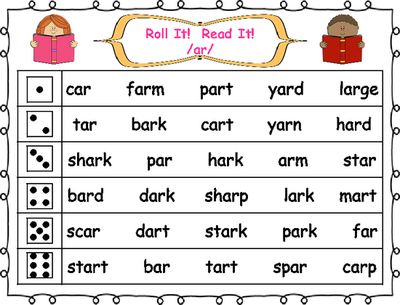 Christian ascetics found communion with God through prayers, in the experience of their spiritual life they created prayers, most disposing the soul to communion with God. That's why, reciting the prayers they composed (they are collected in Orthodox prayer books), we ascend to God with the same the way that the saints do.
Christian ascetics found communion with God through prayers, in the experience of their spiritual life they created prayers, most disposing the soul to communion with God. That's why, reciting the prayers they composed (they are collected in Orthodox prayer books), we ascend to God with the same the way that the saints do.
In magic, it is believed that the incantation formula is wonderful in itself. by itself, the meaning of words is far from always decisive meaning. For example, in the Middle Ages, spells were pronounced mainly in Latin, which the speaker didn't necessarily know. We all know the word "abracadabra", meaning for us a simple nonsense, passed from an old magic spell. Occultists believe that words have a hidden meaning, like some kind of code that gives access to the laws of the environment us of the world. This hidden meaning is only known "chosen ones" capable of compiling new incantations and spells. The one who does not know the hidden sense, can use composed formulas that ostensibly will help the believer in their effect.
The conspiracy is close to a mantra, in which it is not so much the explicit meaning how accurate reproduction of sounds and each sound considered to be of mystical significance. In Christianity but prayer and service to God is meaningful, here comes to the fore the obvious, immediate meaning that is embedded in prayer. "Sing to our God, sing ... sing reasonably” (Ps. 46:7–8), we read in sacred book of the Psalms. Prayer must be reasonable, then is to be pronounced consciously and meaningfully. Where is God, there meaning and order. Where there is no grace of God, there nonsense, chaos and all sorts of disorder. Imagine a person who came to the leader and begins to say what he himself does not understand - will they listen his? Imagine that he prepared a verbal formula and spoke it without any awareness, like a magical spell - will it affect the leader? Prayer must be meaningful because it involves personal communication - the conversion of the mind and man's heart to God, Who sees all the secrets of our souls.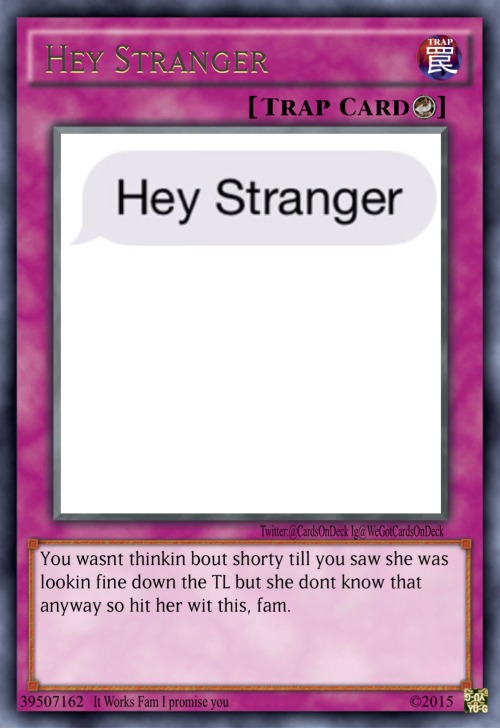
However, it may be objected to us that in modern, and not medieval, conspiracies set out quite meaningful requests (although "abracadabra" is used before until now), therefore, in magic, a person understands that pronounces. Even so, the cardinal difference is what people with magical consciousness hope for the text of the plot itself, on its sound playback is like launching an invisible mechanism, while Christians do not rely on the text, but on God, to whom turn in their prayers, who hears and therefore can help.
Some people are bribed in conspiracies by what is there there are prayerful references to Christ, the Mother of God, borrowed from the Orthodox prayer book. Indeed, in many conspiracies there is quite Orthodox speech turns, and some begin emphasized piously: “I will become, blessed, I will go, crossing myself ... ”(in many cases more frankly: “I will stand, without blessing, I will go, without crossing). But fragments of prayers are found in conspiracies, just as in street gossip there are scraps of true words or in the speech of foul language - euphonious expressions.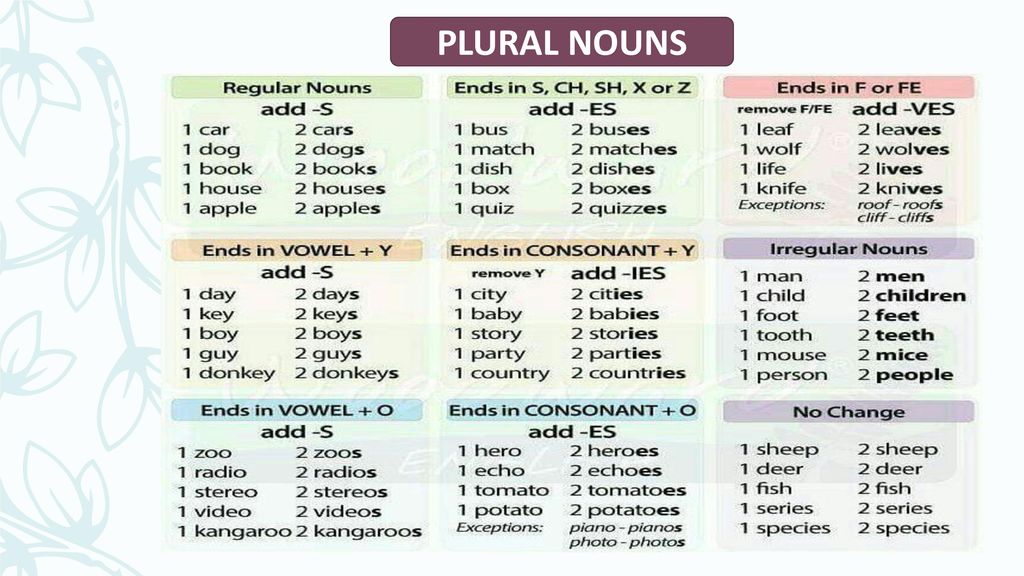 Occultists may even mention "Our Father", but they also refer to water, clay and other accessories of the created world - such paganism, embellished by those close to the soul of man Christian symbols.
Occultists may even mention "Our Father", but they also refer to water, clay and other accessories of the created world - such paganism, embellished by those close to the soul of man Christian symbols.
There is a very interesting episode in the book by M. Sholokhov "Quiet Flows the Don" when Aksinya tried free yourself from love for Gregory by turning to your grandmother:
“I miss him, my dear grandmother. On their I dry my eyes ... Maybe I dried it with something? .. Help me, granny!..
Grandmother Drozdikha looks with light, in a lace of wrinkles, with her eyes at Aksinya, shakes his head under bitter words story...
- You will come, old woman, early tomorrow. Will take a little dawn, come. Let's go to the Don, to the water. Let's get rid of melancholy. Salts take a pinch from home ...
At dawn, Aksinya, who had not slept all night, Drozdikhina window ...
They go down the alley to the Don.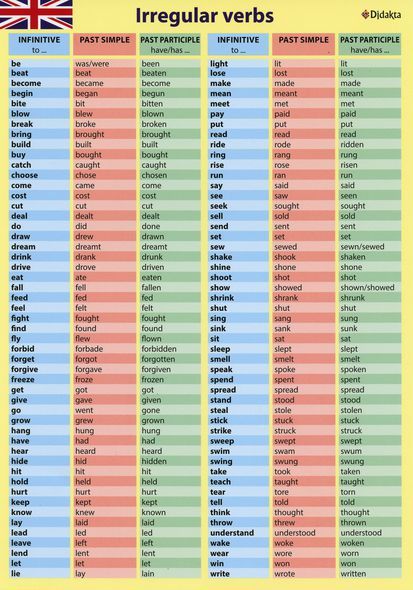 At the pier, near the bridges, the abandoned front of the cart gets wet in the water. Sand by the water ice-cold. Damp, icy haze flows from the Don.
At the pier, near the bridges, the abandoned front of the cart gets wet in the water. Sand by the water ice-cold. Damp, icy haze flows from the Don.
Drozdikha takes Aksinya's hand with her bony hand, pulls it to water.
Did you take the salt? Give it here. Look for the sunrise.
Aksinya is baptized. Angrily looks at the happy pinkness east.
- Scoop up a handful of water. Drink - Drozdikha is in command.
Aksinya, having wet the sleeves of her jacket, got drunk. grandma black squatted like a spider over a lazy wave, sat down on squat, whispered:
- Cold keys, flowing from the bottom ... Flesh combustible... Beast in the heart... Anguish-fever... And with the holy cross... Most Pure, Most Holy... Servant of God Gregory... came to Aksinya's ears.
The thrush sprinkled salt on the damp sandy place under feet, poured into the water, the remains - Aksinya for sinus.
- Splash some water over your shoulder. Hurry!
Hurry!
Aksinya did. With anguish and malice she looked at the brown Drozdikha cheeks.
- Is that all?
- Come on, dear, shame. All"[i].
And the sign of the cross with the name of God, and the keys are cold with homemade salt and river water, and hope for the ritual itself without personal meaningful participation - everything is mentioned here. True, it turned out that all this for Aksinya herself was completely inactive.
At present, imitating some kind of science, occultists they say that conspiracies and spells are ways concentration of the energy of the will of the magician, which is directed to goal with the help of verbal formulas, this is just only a kind of self-tuning of a psychic and nothing more. The Sign of the Cross is explained by modern occultists as energy self-defense with the identification of one's own biofields. Thus, people with magical consciousness are not interested in neither God nor prayer to Him.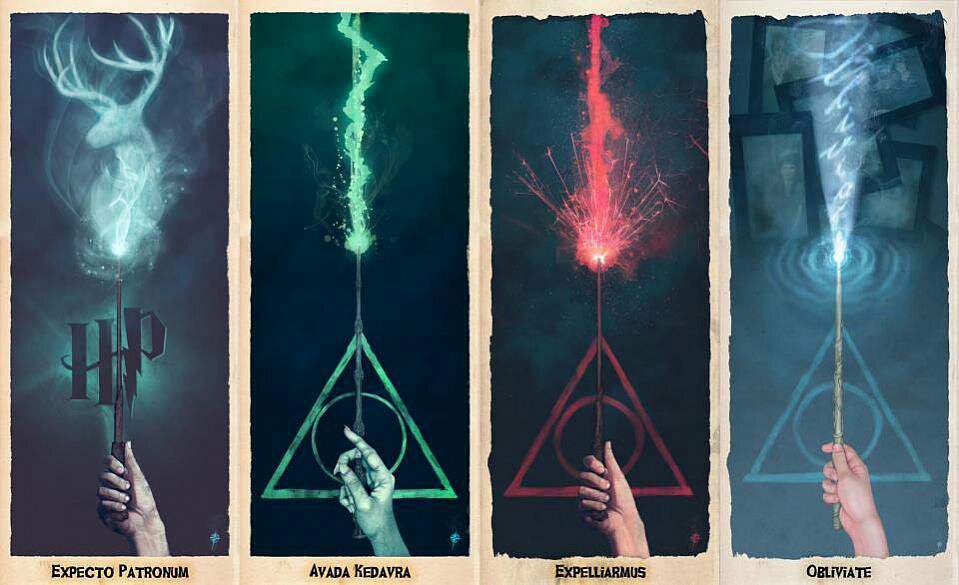 If we talk about true sense of Christian symbolism and prayer, then The sign of the cross is, first of all, the symbol of the Cross, on where the Lord was crucified for the sins of the whole world. And that's why the sign of the cross joins the Christian in the victory of the Lord over the devil and our sins. True prayer is a personal appeal to the One Who Himself is personal. Christian prayer is standing before the Living God, who sees and hears, who strengthens and helps. Prayer is not may be an appeal to soulless objects, for they are not hear and are not able to spiritually help. Of course, there are holy objects, that is, sanctified by grace God's. But when the priest, for example, blesses the water, then overshadowing her with the cross, he nevertheless turns to God: “Thou, O Lord, come, and now by the influx of Thy Holy Spirit and sanctify this water." Turning to a special prayer to the life-giving Cross, we thereby turn to crucified Lord. For a Christian, prayer is golden connection with God, it is the life of our soul and the treasury all kinds of blessings, because in answer to fervent prayer The Lord endows the Christian with His graces.
If we talk about true sense of Christian symbolism and prayer, then The sign of the cross is, first of all, the symbol of the Cross, on where the Lord was crucified for the sins of the whole world. And that's why the sign of the cross joins the Christian in the victory of the Lord over the devil and our sins. True prayer is a personal appeal to the One Who Himself is personal. Christian prayer is standing before the Living God, who sees and hears, who strengthens and helps. Prayer is not may be an appeal to soulless objects, for they are not hear and are not able to spiritually help. Of course, there are holy objects, that is, sanctified by grace God's. But when the priest, for example, blesses the water, then overshadowing her with the cross, he nevertheless turns to God: “Thou, O Lord, come, and now by the influx of Thy Holy Spirit and sanctify this water." Turning to a special prayer to the life-giving Cross, we thereby turn to crucified Lord. For a Christian, prayer is golden connection with God, it is the life of our soul and the treasury all kinds of blessings, because in answer to fervent prayer The Lord endows the Christian with His graces.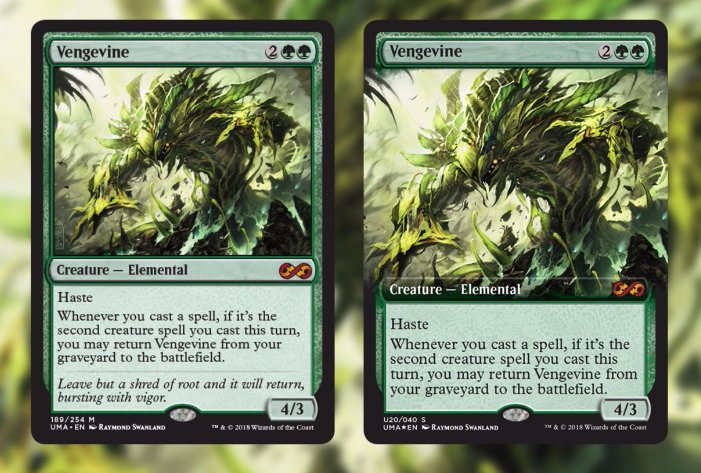
Every conspiracy corresponds in general to the idea of occultism, sorcery. In witchcraft, a man tries to satisfy their individual, selfish desires, not commensurate them with your eternal salvation. He wants now and here to achieve success, good harvest, good luck in personal affairs, the favor of a loved one, revenge on the enemy, etc., without thinking whether the method itself is saving, whether it is consistent pursued goal with the will of God. This desire to achieve "his" by any means, even with damage to their future fate - this is the main idea any incantation or incantation. In prayer, a person even asking for something very important in the earthly sense, everything equally entrusts himself into the hands of God, betrays the fulfillment what is asked of God, proceeding from the principle: will what is asked useful, will it interfere with spiritual progress man, is it in accordance with the will of God?
If prayer is a request addressed to God, the Most Holy Mother of God or saints, and, therefore, prayer involves voluntariness of the response, then the caster does not wait no response from anyone: the spell itself is considered to have coercive force to achieve the desired. For example, for attracting money in modern magic is recommended in the evening of the day when 10 saved coins were accumulated 1 ruble each, light two candles, put between them a glass vessel and, filling it with consecrated (!) Water, say: “Let the pockets be filled, money let them come to my house as soon as I fill the vessel water" (spells are often pronounced in rhyme). Then they take the coins one at a time and, throwing them into the water, read spell one phrase for each coin: "I wish health. I wish you success. I wish you happiness. I wish you wealth. I want gold. I want silver. I want abundance. I want help. I want money to come into my life. I want it so so be it." Candles are left to burn out, and in the morning sprinkle water from a vessel on the corners of their dwelling and the remaining water is poured on the threshold.
For example, for attracting money in modern magic is recommended in the evening of the day when 10 saved coins were accumulated 1 ruble each, light two candles, put between them a glass vessel and, filling it with consecrated (!) Water, say: “Let the pockets be filled, money let them come to my house as soon as I fill the vessel water" (spells are often pronounced in rhyme). Then they take the coins one at a time and, throwing them into the water, read spell one phrase for each coin: "I wish health. I wish you success. I wish you happiness. I wish you wealth. I want gold. I want silver. I want abundance. I want help. I want money to come into my life. I want it so so be it." Candles are left to burn out, and in the morning sprinkle water from a vessel on the corners of their dwelling and the remaining water is poured on the threshold.
The given example of a spell clearly shows that in magic everything is based on the principle "my will be done", "May my will be done through spells and magical actions. Everything in prayer is based on principle expressed by Christ in the Gethsemane prayer: “Not My will, but Yours be done” (Luke 22:42). In the spell, the magician believes in achieving the desired: "I performed the ritual - and I will get what I want. AT prayer, the Christian believes in God, who can give what is asked, if it is useful to the soul of the one who asks.
Everything in prayer is based on principle expressed by Christ in the Gethsemane prayer: “Not My will, but Yours be done” (Luke 22:42). In the spell, the magician believes in achieving the desired: "I performed the ritual - and I will get what I want. AT prayer, the Christian believes in God, who can give what is asked, if it is useful to the soul of the one who asks.
So, in magic spells, a person tries satisfy yourself, your passions and mundane needs, and in prayer a person strives implement in your personal life what is in line with God Fishery. The providence of God seeks in man the maximum disclosure of goodness and, accordingly, a good attitude towards all to the rest of the people. Not an earthly gain or a carefree life set as the main goal in prayer. After all, not even it is important whether the Lord will give a person something earthly according to his prayer - prayer itself is important as communication with God. The Monk John of the Ladder wrote well about this: “After a long time in prayer, and seeing no fruit, say I didn't buy anything.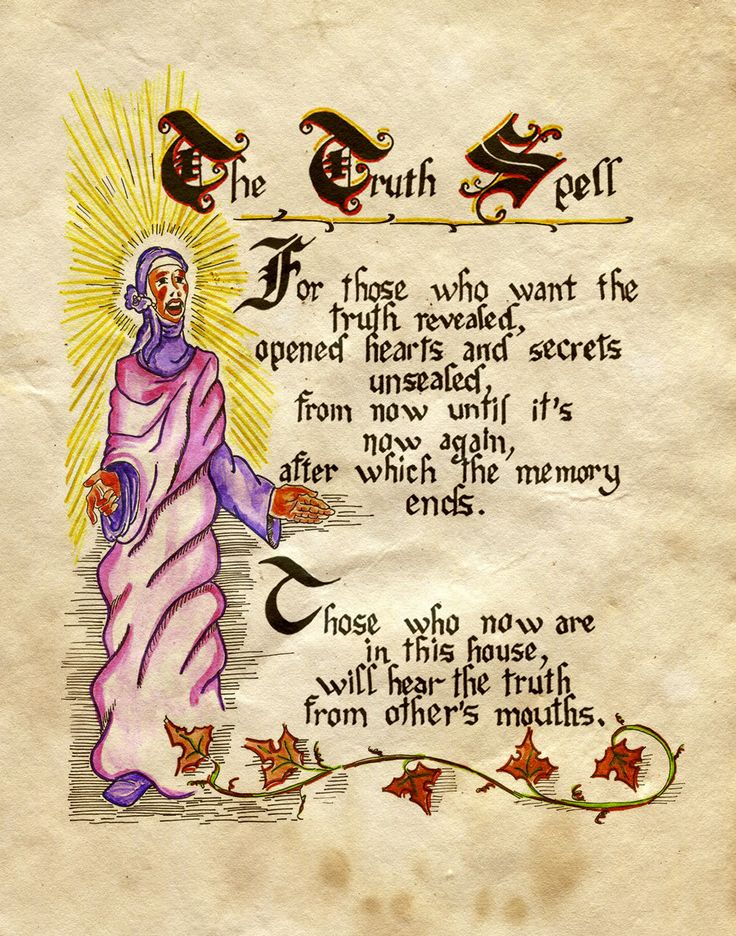 For the very stay in prayer is already gain; and what good is higher than this cling to the Lord and abide unceasingly in union with Him.”[ii]
For the very stay in prayer is already gain; and what good is higher than this cling to the Lord and abide unceasingly in union with Him.”[ii]
In addition, in spells it does not matter at all how pure human heart, the main thing is to accurately reproduce magical actions and internally tune in to achieving what you want. In prayer, everything depends on what is contained in the heart of the one who prays, how much he prays attentively, unabashedly. Therefore prayer involves moral effort, overcoming in oneself sinful movements and that laziness that paralyzes the soul on her way to God. Saint Theophan the Recluse wrote: Zealous for salvation, all attention should be paid to the disposition of the heart or the impression in it is true Christian feelings and dispositions ... For what is not in heart, it doesn't really exist. If there is no faith in the heart, then it not at all, at least someone was written Orthodox. If not sighs in the heart, there are none at all, even if someone has air hesitated or beat himself in percy.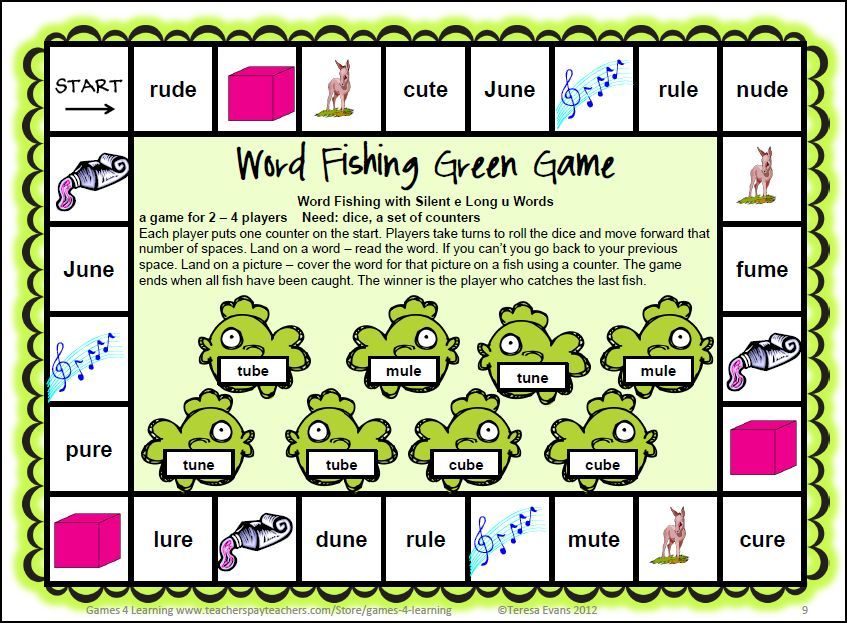 If there is no fear of God in heart, it doesn’t exist at all, even if someone seemed to be filled with reverence. If there is no purity and detachment in the heart, they are not at all, even if someone was clean in body and had nothing of the goods of the world. If there is no person heart in the temple, he is not here at all, even if he is here stood with his body. So, everything must be done with the heart. heart love, humble yourself with your heart, draw closer to God with your heart, forgive with your heart, lament with your heart, pray with your heart, to bless with your heart, and so on and so forth... For what Whoever is in the heart, God sees him as such from His height throne and accordingly accepts him”[iii].
If there is no fear of God in heart, it doesn’t exist at all, even if someone seemed to be filled with reverence. If there is no purity and detachment in the heart, they are not at all, even if someone was clean in body and had nothing of the goods of the world. If there is no person heart in the temple, he is not here at all, even if he is here stood with his body. So, everything must be done with the heart. heart love, humble yourself with your heart, draw closer to God with your heart, forgive with your heart, lament with your heart, pray with your heart, to bless with your heart, and so on and so forth... For what Whoever is in the heart, God sees him as such from His height throne and accordingly accepts him”[iii].
All that has just been said leads to an explanation of why some occultists use quite church prayers. Church texts are used, and the idea of pronouncing them - occult. For the magician himself, even if a prayer is uttered, it is no longer actually a prayer is, but only a spell in which he does not refers to God, because he believes that the very pronunciation touches the necessary invisible threads. For the occultist prayer there is only a magic formula, a kind of verbal energy, operating by virtue of the utterance itself. Not from God an answer is expected - the magician is not able to reverently turn to God - and the effect is expected from verbal formula in itself, from the one contained in it, in the opinion magician, energy. Since, with senseless repetition words of prayer there is no living appeal to God, this person easily tempted by demons that give him special feelings, emotions and create the appearance of an effect from the occult the use of prayers.
For the occultist prayer there is only a magic formula, a kind of verbal energy, operating by virtue of the utterance itself. Not from God an answer is expected - the magician is not able to reverently turn to God - and the effect is expected from verbal formula in itself, from the one contained in it, in the opinion magician, energy. Since, with senseless repetition words of prayer there is no living appeal to God, this person easily tempted by demons that give him special feelings, emotions and create the appearance of an effect from the occult the use of prayers.
In conclusion, let us recall the words of St. John Chrysostom: “Let us seek salvation not in some way and deliverance from calamities, not in any way, but from God. I say this to those who, during their illnesses, use spells and resort to other sorceries to alleviate illness. It means to look not for salvation, but perdition, because the greatest salvation is that which comes from God.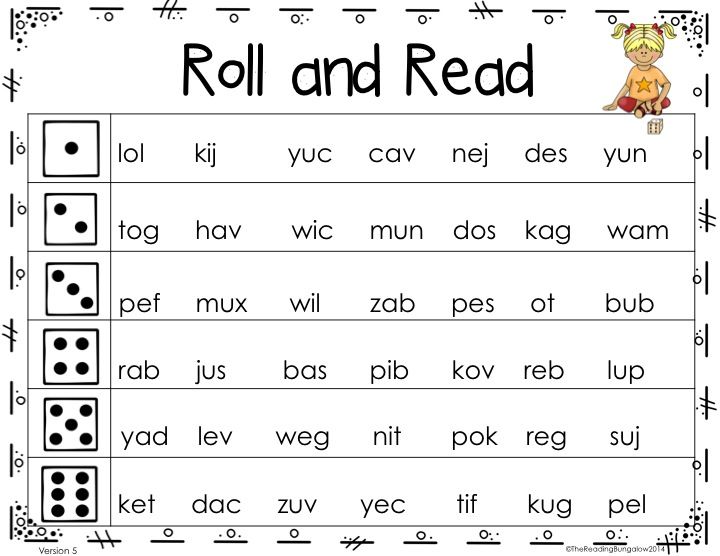 ”[iv]
”[iv]
Incantation
MY HORSES ARE FASTENING
In memory of V.S. Vysotsky
Honest mother! What a life,
a terrible old woman:
A laptop, and the Internet, and gel pens...
And I want to get drunk on yesterday's day
Over the abyss, where the horses are fastidious.
Oh, my heart, my heart, all without rest
You drive with a whip, restless.
Only fogs ahead - where to get air?
As if on purpose, my horses are fastidious.
How to jump and not be afraid is a thin thing:
The outlines of the cliff are inconspicuous.
If you forget a little, they will rush with a ringing song
Following the wind, my horses are fastidious.
And I will definitely forget: I am forgetful.
The annoying advice will not help either.
Since I live in defiance of other people's customs,
Then I got picky horses.
SPELL
I conjure you from a blizzard,
From slanders and wiles of darkness,
From the betrayal of an evil friend,
From blasphemy, scrip and prison;
From an unexpected guest in the house,
A series of fatal deaths,
From furious anger in the heart
From a robber and from a thief,
From a cobblestone and a noose,
From insignificant conversations,
That you are an idol and the navel of the earth;
From disbelief in one's own strength,
From the curses of native Rus',
From what the soul asked,
What should not have been asked.
Read, verses ...
When clouds rush angrily in the mania of elements
, Read, girls, poems:
They will not teach bad.
Sadness will go away, anger will also go away,
How everything goes in this world,
And only the Knight on a horse
Let him stay in the apartment.
A firm hand, words like steel,
Knight without fear and reproach.
Your dear boy has become an adult,
But he is far from Him…
I know: the fury of the elements
Will pluck leaves from the trees of the garden.
Read poems, girls,
Don't cry, darlings, don't. About Russia0015
Even the memory of Russia.
A black raven by three roads
With a hoarse voice from exertion
Shouts: “Orthodox God
Judas is forever in servants!
But you, publicans and slaves,
Which is probably the same thing,
Leave the Cross without a fight
Pharisees in snake skin.
And they will start to cut,
Yes, to scold, yes to foul in fornication
the Eternal Savior on the Blood,
the Savior betrayed by Judas ...0015
Let another ten years pass,
I don't believe that far away the blue
Will not remain on earth
Even the memory of Russia.
THE SONG OF STEPAN RAZIN
Ominous ringing in vain
Yes, an alarming knock,
There will be a sweet dream
Deaf to death.
Why can't you sleep, grieving?
The mortal path is short.
At dawn you are
Execution and kats are waiting.
Head like a lump,
Will fly off to the crowd.
The tsar has a law -
To endure from the boyars.
lifted the shower
The cargo is not in force,
began to decide
for Holy Rus' ...
eh, do not cry,
will always live,
already an ax
0015
Stopped sharpening…
OLD GRANDPA SAID…
An obsession. At least cry.
An unpleasant result.
He was too hot
And too cruel.
I went out for an hour
Beyond my dear threshold.
A came back,
Everyone looks reproachfully.
And, of course, from evil
The old grandfather said:
“You can see your talent,
Buried like a dog.
“Give me, grandfather, just a term,”
I told him. —
I would like a sip of heaven!..”
Well, he: “No need.
Yes, overgrown with past
The freshness of the spring dawn, -
Of course, from evil
Old grandfather told me.
“Grandfather, I would give you a vow
To atone for evil…
I would like a sip of heaven!..
Yes, my soul is dead.
I went out for an hour
Beyond my dear threshold.
A came back,
Everyone looks reproachfully.
No, for a new shelter
I won’t find the strength.”
“One cannot live without a soul,” —
The old grandfather used to say.
* * *
What else is left to say?
I can clearly see the path further on.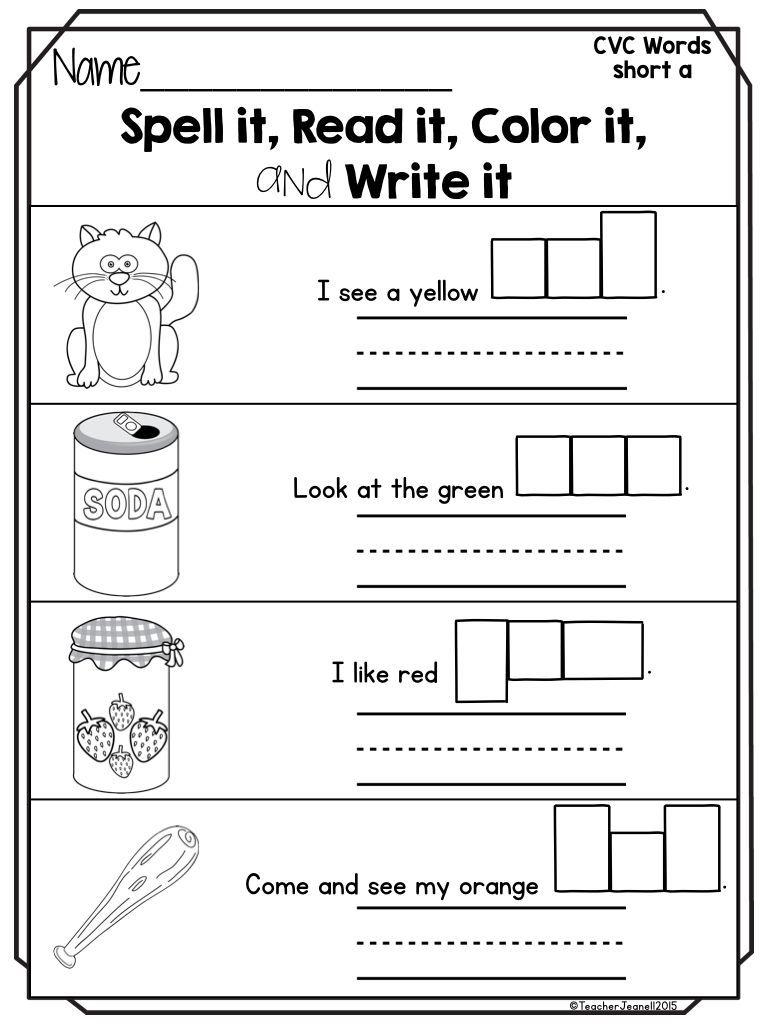
Sing Yesenin's joy,
Comprehend Blok's sadness?
To rumble over the world,
And then become rain
And with a bitter aftertaste of satire
Knock on windows in every house.
To sing unseen distances
Strings with a trembling voice
A guitar that sounded for nothing
For the whole deafened country.
And the echo will mournfully answer,
Falsely trying the motive,
In the rays of the midday sun
Mimicking my sadness.
WRITE TO ME…
Write to me, write,
Write a poem
With ardent ardor of revelation
A troubled soul.
Write to me how all night
A terrible cold blows from the sky
And winter is the seventh day
Sweeps autumn away.
Write to me, write,
Write that it is very sad,
That a snowstorm blows to pieces
The heat of a suffering soul.
Write that the wind is gloomy,
Write that the windows are cold,
The world has been robbed and left
A string of white chickens.
Write to me, write to me...
I look in the mailbox,
As if these are our meetings...
Write to me for the soul.
* * *
Forty thousand miles are prayed here,
Hundreds of thousands of dreams are told here.
On a dashing horse far to the stars,
And go on foot, there won't be enough words.
Forty thousand phrases are guessed here,
Songs of thousands of blizzards are overheard here.
And we loved, as for the last time,
But as equals: neither masters nor servants.
Here the depths of the steppes are plowed up,
An ocean of passions is here.
How could you and I manage in a hundred years
Water the horses, see the guests off.
Here Russia-Rus from time immemorial,
Immense as the Slavic world,
Chased away enemies
And invited friends to an honorable feast.

